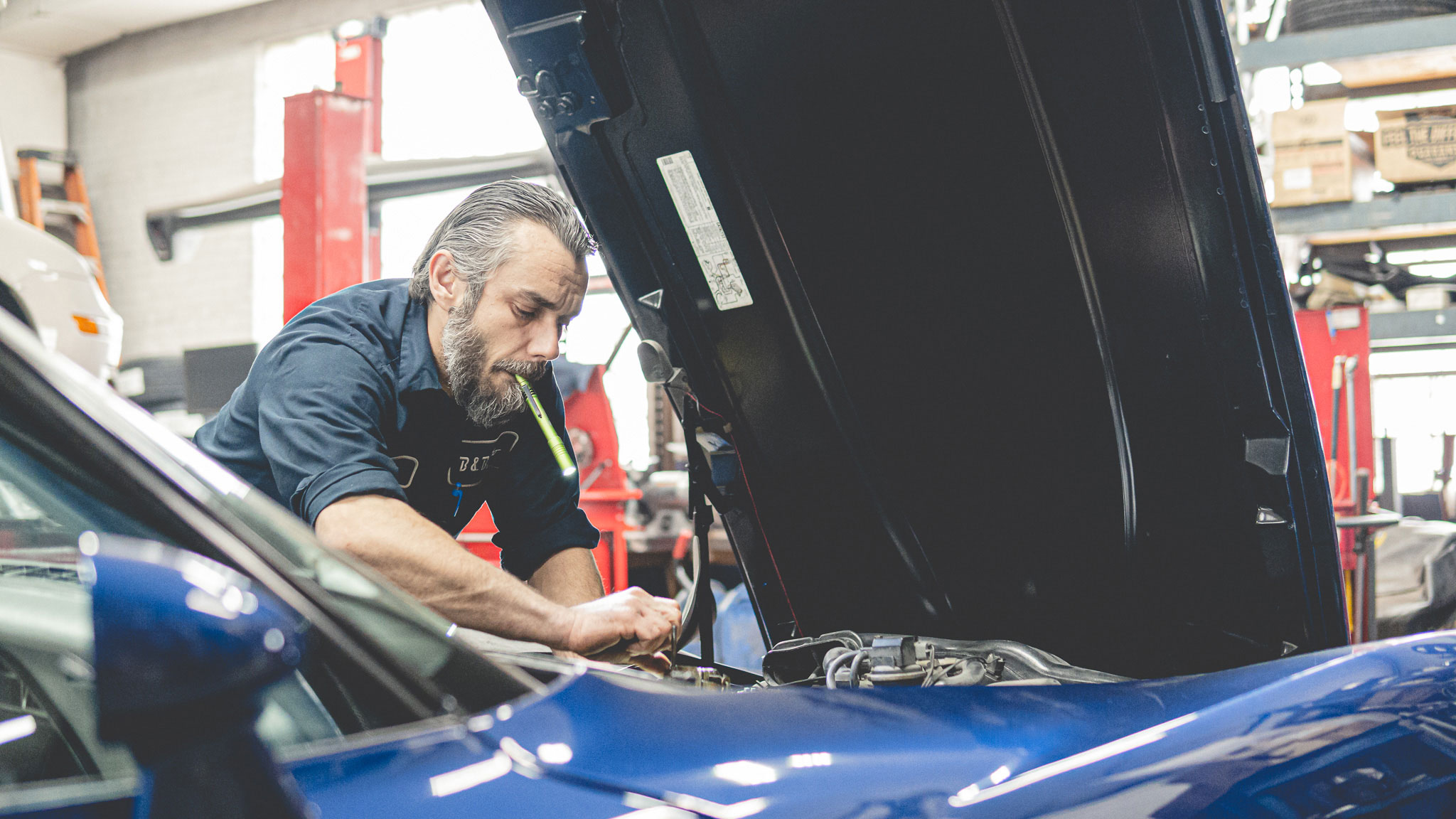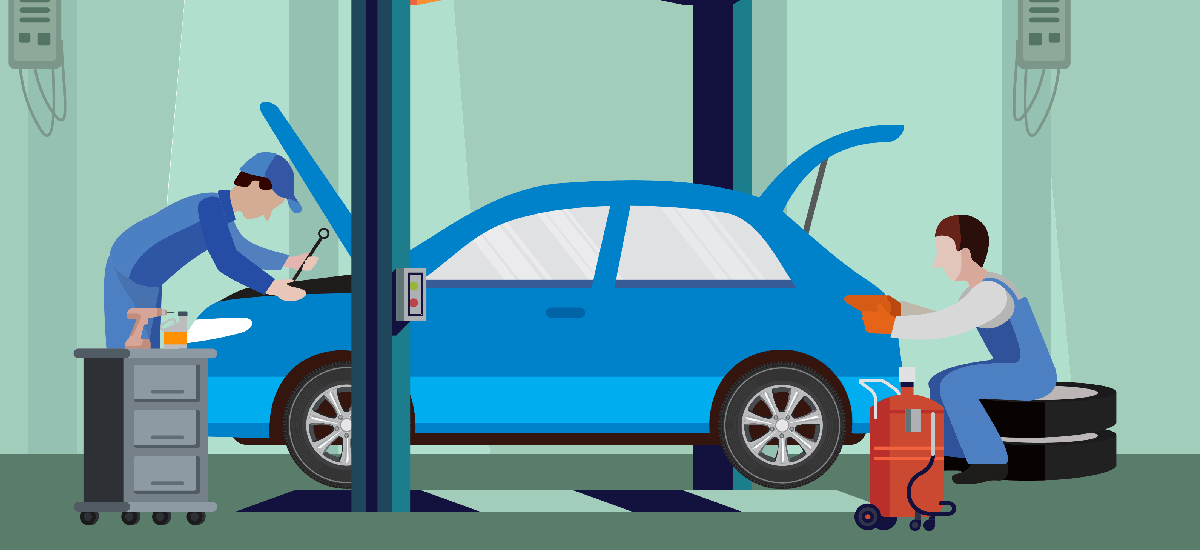All Categories
Featured
One of the most essential aspects of automobile treatment is examining and preserving your lorry's fluids. Fluids are essential for the proper performance of different automobile systems, and disregarding them can lead to major issues that may impact both the performance and long life of your cars and truck.
![]()
![]()
How to Examine and Keep Your Vehicle's Fluids. Read the Owner's Handbook: Your car's owner's handbook offers particular guidelines for checking and keeping various fluids. Comply with the recommended periods for fluid checks and substitutes.
Check Liquid Degrees Frequently: Make it a routine to check fluid levels each month, particularly eventually trips. A lot of fluids can be checked quickly making use of dipsticks, gauges, or sight glasses.
![]()
Look for Leaks: Inspect for any kind of noticeable leaks around liquid tanks, hoses, and under the automobile. Dripping liquids might be a sign of worn pipes or seals that require attention.
Use the Right Fluids: Constantly utilize the manufacturer-recommended liquids for your lorry. Making use of the incorrect kind of fluid can trigger damage and might void your guarantee.
Adjustment Fluids When Required: Over time, fluids break down and shed their performance. Follow your vehicle's solution schedule for liquid adjustments to make sure that your automobile remains to run successfully.
Verdict. Engine oil, transmission liquid, coolant, brake liquid, power guiding fluid, and windscreen washer fluid all play important duties in maintaining your auto running smoothly. By making fluid checks component of your normal upkeep routine, you can extend the life of your car and delight in a much safer, more dependable driving experience.
- Engine Oil: The Lifeline of Your Engine. Engine oil is one of the most important fluids in your lorry, as it lubricates the engine's relocating parts, reduces friction, and helps control temperature level. Over time, engine oil breaks down and comes to be less reliable, which can lead to enhanced wear and tear on engine elements.

- Transmission Fluid: Ensuring Smooth Equipment Shifts. Transmission liquid is liable for lubing the moving parts within the transmission, ensuring smooth equipment changes and reliable operation. Like engine oil, transmission fluid can weaken over time, bring about sliding equipments, rough changes, and bad gas efficiency. Consistently inspecting and changing your transmission fluid assists preserve smooth transmission operation, decreases the threat of transmission damages, and improves the vehicle's overall performance. Disregarding transmission fluid maintenance can cause costly repair work that might have been prevented with straightforward checks.
- Coolant/Antifreeze: Maintaining the Engine Cool. Coolant (or antifreeze) is an important fluid that stops your engine from overheating by regulating its temperature level. Guaranteeing that your car has the appropriate level and concentration of coolant can assist protect against getting too hot, minimize the risk of engine damages, and extend the life of your car.
- Brake Fluid: Important for Safety. Brake fluid is vital for the correct procedure of your lorry's stopping system. It transfers force from the brake pedal to the brake components, allowing you to decrease or quit the lorry. Reduced or infected brake liquid can cause poor stopping performance, bring about dangerous situations when driving. Regularly inspecting the brake liquid level and quality, and changing it when essential, helps make certain that your vehicle's braking system operates as it should. It might be time to examine the brake fluid. if you discover a decrease in braking responsiveness or a soft brake pedal.

- Power Steering Fluid: Smooth Guiding Efficiency. Power guiding liquid enables simpler steering by giving hydraulic pressure to the guiding mechanism. Without sufficient power steering liquid, steering can come to be hard and less receptive, potentially making it tougher to navigate the automobile. Leakages or reduced degrees of power steering liquid can lead to guiding concerns, including grumbling sounds or stiff steering. Consistently checking and preserving the proper fluid degrees makes certain that your steering stays smooth and very easy to regulate, particularly when turning or parking.
- Windshield Washer Liquid: Clear Vision for Safe Driving. While it might seem much less vital than engine or brake fluid, windshield washer fluid plays an important duty in making sure clear exposure while driving. This liquid is in charge of cleaning your windscreen when dust, dirt, or pests collect, specifically throughout lengthy drives. Maintaining the windshield washer fluid at a sufficient level assists make certain that your windscreen remains clean, particularly in damaging climate condition, which contributes to safer driving.
How to Examine and Keep Your Vehicle's Fluids. Read the Owner's Handbook: Your car's owner's handbook offers particular guidelines for checking and keeping various fluids. Comply with the recommended periods for fluid checks and substitutes.
Check Liquid Degrees Frequently: Make it a routine to check fluid levels each month, particularly eventually trips. A lot of fluids can be checked quickly making use of dipsticks, gauges, or sight glasses.

Look for Leaks: Inspect for any kind of noticeable leaks around liquid tanks, hoses, and under the automobile. Dripping liquids might be a sign of worn pipes or seals that require attention.
Use the Right Fluids: Constantly utilize the manufacturer-recommended liquids for your lorry. Making use of the incorrect kind of fluid can trigger damage and might void your guarantee.
Adjustment Fluids When Required: Over time, fluids break down and shed their performance. Follow your vehicle's solution schedule for liquid adjustments to make sure that your automobile remains to run successfully.
Verdict. Engine oil, transmission liquid, coolant, brake liquid, power guiding fluid, and windscreen washer fluid all play important duties in maintaining your auto running smoothly. By making fluid checks component of your normal upkeep routine, you can extend the life of your car and delight in a much safer, more dependable driving experience.
Latest Posts
Protect Your Home with Rain Gutter Solutions for Illinois Climate
Published Apr 20, 25
2 min read
Change Your Home with Quality Flooring Solutions
Published Apr 19, 25
1 min read
NAPA AutoCare Certified: Count on Montclare Auto Repair for Top-Tier Repairs
Published Apr 19, 25
2 min read
More
Latest Posts
Protect Your Home with Rain Gutter Solutions for Illinois Climate
Published Apr 20, 25
2 min read
Change Your Home with Quality Flooring Solutions
Published Apr 19, 25
1 min read
NAPA AutoCare Certified: Count on Montclare Auto Repair for Top-Tier Repairs
Published Apr 19, 25
2 min read